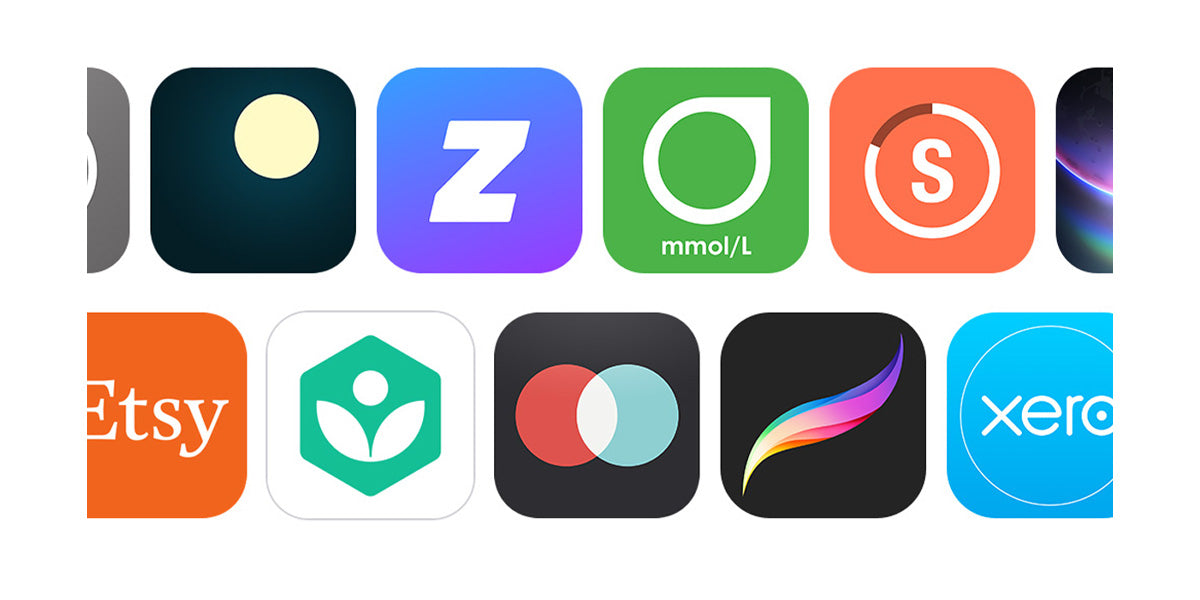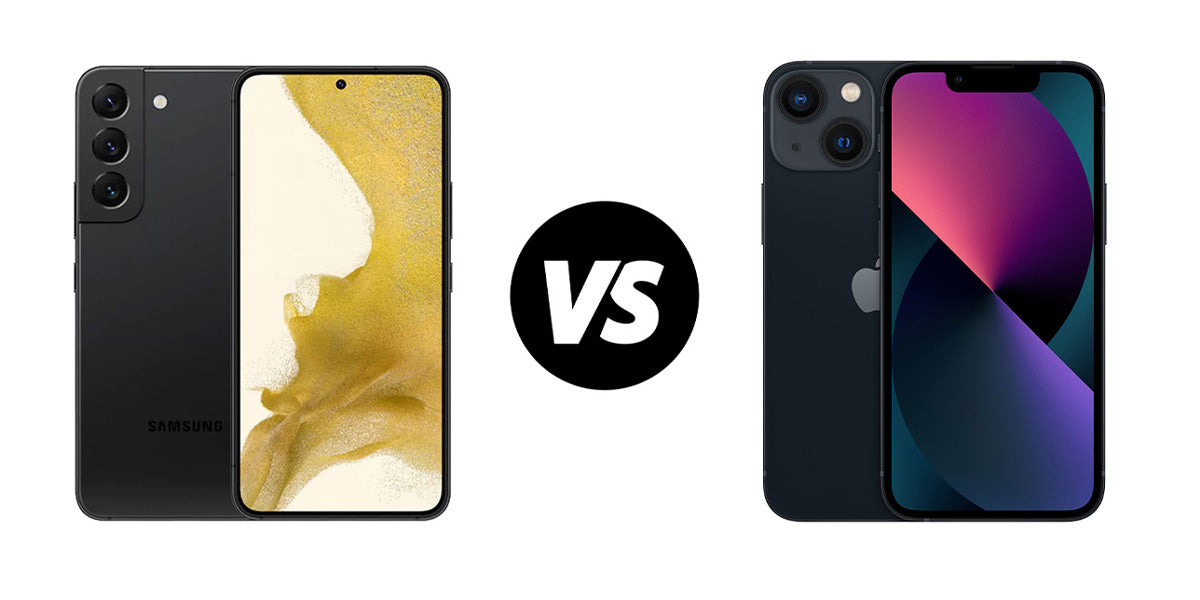It's no secret that the internet can be a dangerous place. Data piracy and abuse are on the rise, and it can be difficult to keep your device safe when surfing the web. In this blog post, we will discuss some tips for keeping your smartphone safe from data theft and abuse. By following these tips, you can surf the web more safely and protect yourself from harm.
Use strong passwords
In today's digital age, our smartphones are more than just a means of communication. They store our personal data, banking information, and private photos. So it's no surprise that smartphones are a prime target for cybercriminals. While there are many steps you can take to protect your device, one of the most important is to use a strong password.
A strong password should be at least eight characters long and include a mix of uppercase and lowercase letters, numbers, and symbols. It should also be unique to your device and not used on any other accounts. By taking this precaution, you can help to keep your smartphone safe from data piracy and abuse.
Be careful when downloading files
Nowadays, we are constantly downloading files to our smartphones, whether it’s a new app, an MP3, or a photo. However, we often don’t think about the security implications of these downloads. By downloading files from unknown or untrustworthy sources, we open our phones up to data piracy and abuse. Once our personal information is in the hands of cybercriminals, it can be used for identity theft, fraud, and other malicious activities.
So how can we protect our smartphones from these risks? One way is to only download files from trusted sources, such as official app stores or well-known websites. Another is to install security software that can identify and block dangerous downloads. By taking these precautions, we can help keep our smartphones safe from data pirates and abusers.
Don't share personal information online
In the age of the internet, it's important to be aware of the risks of sharing personal information online. While the internet can be a great tool for communication and collaboration, it's also important to remember that it's a public space. That means that anything you share online could potentially be seen by anyone. As a result, it's important to be careful about what you share. For example, you probably wouldn't want to post your home address or phone number on a public website.
Similarly, you might want to think twice before sharing personal details like your birth date or mother's maiden name. Not only could this information be used to steal your identity, but it could also be used to compromise the security of your smartphone. By being mindful of what you share online, you can help to protect yourself from identity theft and other data piracy.
Avoid shady websites and links
We are constantly using our smartphones to access the internet. Whether we are checking our email, browsing the web, or shopping online, our phones are a gateway to an enormous amount of personal data. Unfortunately, this also makes them a target for hackers and cybercriminals. One of the best ways to protect your smartphone from data theft is to avoid shady websites and links.
These websites are often full of malware and viruses that can infect your phone and steal your personal information. In addition, many of these websites are designed to look like legitimate sites, so it can be difficult to tell the difference. If you are ever unsure about a website, it is best to err on the side of caution and steer clear. By taking these simple precautions, you can help keep your smartphone safe from data pirates and abusers.
Use secure browser extensions
Smartphones are an essential part of our lives, giving us the ability to stay connected and stay productive no matter where we are. However, as our dependence on these devices has grown, so too has the risk of data piracy and abuse. Fortunately, there are a number of secure browser extensions that can help to protect your smartphone from these threats.
By encrypting your data and providing a secure connection, these extensions can safeguard your information from being hijacked by criminals. In addition, they can also help to prevent unwanted tracking and advertising. As our smartphones continue to play an increasingly important role in our lives, it is more important than ever to take steps to protect them from data piracy and abuse. By using a secure browser extension, you can rest assured that your information is safe.
Enable two-factor authentication
As we become increasingly reliant on our phones, they also become prime targets for data pirates and other malicious actors. One way to help protect your smartphone from abuse is to enable two-factor authentication (2FA). 2FA adds an extra layer of security by requiring you to enter a second code whenever you log into your phone. This code can be generated by an app or sent to you via text message, and it helps to ensure that only you can access your phone.
In addition to protecting your data, 2FA can also help to prevent unauthorized purchases and other forms of fraud. As more and more of us rely on our smartphones, it's important to take steps to protect them from abuse. Enabling 2FA is a simple but effective way to help keep your phone safe.
Use a VPN
A Virtual Private Network (VPN) is a great way to keep your data safe and secure when using your smartphone. By creating a private, encrypted connection between your device and the internet, a VPN helps to protect your data from being intercepted by third parties. In addition, a VPN can also help to prevent data abuse by restricting access to certain websites and services. As more and more people use their smartphones for work and personal tasks, it is essential to take steps to protect your data. A VPN is an important tool that can help to keep your data safe from piracy and abuse.




